Not very long ago, over 120,000 Parsis lived in India. Today there are less than half. Their culinary traditions, a unique blend of Persian flavours and Gujarati spices, are kept alive in kitchens across Western India and in Irani cafés, which like their owners, are slowly becoming a thing of the past. In this post, we write about the Irani Cafés of Pune.
PUNE, MAHARASHTRA / INDIA
If we go back a thousand years, we will see a steady influx of Persians coming to the Indian subcontinent. Thousands of them, fleeing religious persecution in Iran, are arriving by sea to India’s west coast, to what is now the union territory of Daman and Diu and the state of Gujarat. These migrants do not speak the local language, do not worship as the locals do. They arrive with hardly anything in their pockets, no money or heirlooms, but in a few centuries, these enterprising and hard-working immigrants will become one of independent India’s most successful communities.
There is an interesting story about the arrival of the Parsis in Gujarat: When they arrived at Sanjan, a port in Gujarat, King Jadhav Rana, unable to find any other way to communicate with the newcomers, sent a bowl of milk filled to the brim to mean that there was no place to accommodate more people in his kingdom. The Zoroastrian priests interpreted the message well; they added sugar to the bowl and sent it back to the king to say that they integrate with the local community and work to make it richer and more prosperous. It was this gesture that won the king over and he granted them asylum in his kingdom.
Also read: Wondering about the best things to do in Pune? Check out our itinerary for 2 Days in Pune.

With the advent of the industrial revolution in the 19th century, more and more Parsis began to migrate from Gujarat to Bombay and Karachi. There was an increased interest in documenting the history of the community and to connect to the land they had fled, its cultural and culinary traditions. Besides entering the steel and textile businesses, entrepreneurial Parsis began to open eateries in Bombay where they served light European refreshments but after independence, these cafes began to serve dishes from the Parsi kitchen. Dishes like salli boti, berry pulao, dhansak, and lagan nu custard became synonymous with these establishments. Similar cafés were set up in Pune by Zoroastrian refugees and in Hyderabad, where the community was welcomed by the Shia nizams and nobility. In the 1950s, Hyderabad had over 400 Irani cafés; now there are less than 50.
Despite their air of sophistication,– high ceilings, bent-back wooden or cane chairs, marble tables– Irani cafés are humble and democratic institutions. Here, you are not discriminated against on the basis of your gender, your colour, your social standing, your religion, or your caste and this is what set them apart in 19th and 20th century India. Sometimes you share a table and sometimes you don’t. There are no cabins or curtained zenana sections and prices are set so that everybody can partake of the buttered toast and the creamy, sweet Irani chai.
My introduction to Irani cafés was from movies that I watched as a teenager. Perhaps their similarity to Calcutta’s cabins initially caught my attention but it was the menu, the liver masalas and cutlets, the chicken farcha and the patra ni macchi, that made my mouth water but it was many years later, in Bombay, that I first had a chance to eat at one. Eating at Cafe Yezdan or at Cafe Goodluck in Pune ushered in me a feeling of familiarity and being welcome. Inside these cafes, I found old Calcutta’s colonial ramblings, the endless debates and conversations over food. Perhaps this fondness for familiarity helped the Parsis flourish into a close-knit community that stood the test of time.
Inside an Irani Café
Irani cafés, in Pune and everywhere else, are almost always family-owned. Unless the original owners have sold the business, you can expect to meet the current generation of the café’s owner behind the till. In front of him, are rows of large glass jars full of freshly baked cookies and other goodies. Some cafés, like Café Goodluck, have on display cabinets full of puffs and pastries, cream rolls and cookies, all inviting the glutton in you inside. On the counter, there’s usually a degchi with a mountain of salted butter waiting to be slathered generously over toast or bun. More often than not, as in Vohuman, the tables are round and marble-topped and surrounded by patrons at all hours. Some cafes feature high ceilings and wooden mouldings; others checkered marble floors. Mirrors and wooden furniture are also integral to the decor.



Food in Pune’s Irani Cafés
The menu at Pune’s Irani cafés is mostly identical: Breakfast basics, or the holy trinity of eggs, toast, and chai, is the main draw. In Pune, you can order buns, broons, or slices of milk bread, toasted to your preference and slathered with jam, butter, or both. Eggs come in all shapes and forms. Fried, poached, scrambled, made into omelettes with or without a generous layer of cheese, or turned into a spicy bhurji. You can order your eggs as side dishes, inside sliced and buttered buns, or sandwiched between toasts. To down it all, order the Irani chai. An institution in itself, the Irani chai is an overtly sweet and milky concoction that gets brewed over a long period of time on a high simmer. While eggs, bread and tea might be strictly breakfast fare around the world, these are very much an all-day affair for millions of Indians who flock to these cafes at all hours of the day.
A lot of the Irani cafes double up as eateries. At Cafe Goodluck and Dorabjee & Sons, you can order Parsi classics like bheja fry, chicken pulav, dhansak, patra ni macchi, and sali boti.

Eating at Pune’s Irani Cafes
Most of Pune’s Irani cafes are concentrated in the Camp area, the oldest being Dorabjee and Sons which started out as a bun-maska and Irani chai joint in 1878 and started serving meals on the request of patrons. Seat yourself in one of the red plastic chairs– the decor here unlike that of Mumbai’s old Irani cafes– and order the local favourites: Patra ni macchi, bheja cutlet, dhansak, and Keema Pav and down it all with raspberry soda. Pack a chicken or mutton cutlet to eat on the go! The owners still preserve the old menus; ask if you can see them! Some of the prices seem so low they are astonishing! Dorabjee and Sons is a true gem and a Pune must-visit. Go for an authentic Parsi lunch or dinner.

Perhaps Pune’s most well-known Irani Cafe, Vohuman Cafe on Dhole Patil Road, has taken a step to keep up with changing times. Here, orders are taken on tablets and you can order from a short but classic menu that features delicious cheese-stuffed omelettes, eggs sunny-side-up, and buttered buns. They also serve something called a malai plate which is a saucer full of malai, a type of clotted cream, topped with sugar. Breakfast times at Vohuman are busy; we were offered a cup of Irani chai while we waited on the shaded pavement! We recommend visiting in the afternoon after the morning crowd has dispersed and the cafe is back to its laidback self. Sit at a table on the first floor. Slowly knife into your eggs, watch the yolk ooze, then dip a buttered toast into it and take a bite. Chew and muse.
Also read: Hyderabad also had a fair share of Irani cafes like Nimrah where you can try some of the city’s favourites like Irani chai and Osmania biscuits. Let us lure you with an overview of the best places to see in the old city from the Charminar to Badshahi Ashurkhana.



Another Irani cafe with a menu that is pretty much the same as Vohuman’s except for a few additions is Cafe Yezdan. Located close to Dorabjee and Sons, Yezdan is older than Vohuman and its age is reflected by its slightly more run-down interior. Vohuman’s new-age millennial crowds don’t frequent Yezdan; instead, the patrons are mostly elderly or workers from the surrounding area. We ordered a bottle of orange Ardhesir, a locally made carbonated drink, and a brun, a bread with a very hard exterior that should be cut with a knife before being bitten into. Dunk it into your Irani chai first, we were told.

Cafe Goodluck, near Fergusson College, is almost always overflowing with people. The eatery, the brainchild of Hussain Ali Yakshi, opened in 1935 and has since been serving some of the best Parsi food in Pune. Order samosas and keema pav for breakfast here. Follow up with dripping-with-butter bun maska and Irani chai. Then take a walk in the lanes surrounding Fergusson College, and return for lunch. Served in an annexe next to the main building, the lunch menu offers Maharashtrian classic alongside Parsi dishes. Dip your rotis in liver masala or bheja fry. Or, go for the tawa keema or the mutton malvani or any of the spicy Kolhapuri curries. Mop up the curries with buttered buns, then order a caramel custard.
Also read: Where to go next? How about a trip to Panaji where some of the country’s most loved restaurants await you? Read Where to Eat in Panaji to find out more.

Other well-known Irani cafes in Pune are Café Olympia, Café Garden, Café Diamond Queen, Café Arzoo, and Café India. We did not have time to visit them on this visit but we soon will!
In spite of all the romanticism that the Irani Cafes of Pune inspire, they are, sadly, a dying breed. A significant number of Irani cafes have shut shop over the years as the number of Parsis has dwindled in India. The newer generations have moved abroad, or chosen a different path from the family business; a few places have downed shutters because there was nobody to run them anymore. Some have tried to move with time and transformed themselves into restaurants serving popular cuisine. Others, unable to keep up with new-age eateries and the changing taste of the junta, have been sold and forgotten.

As the last few titans of Pune’s Irani café culture weather changing times, a visit to Pune for a taste of this slice of gastronomic history should grace your travel plans. And as we bid goodbye, I shall leave you with a poem Nissim Ezekiel, noted Indian Jewish poet, actor, playwright, editor, and art critic wrote in 1972, after taking note of the many signboards he saw in Irani cafes in Mumbai.
PLEASE
Nissim Ezekiel
DO NOT SPIT
DO NOT SIT MORE
PAY PROMPTLY, TIME IS VALUABLE
DO NOT WRITE LETTER WITHOUT ORDER REFRESHMENT
DO NOT COMB, HAIR IS SPOILING FLOOR
DO NOT MAKE MISCHIEFS IN CABIN
OUR WAITER IS REPORTING
COME AGAIN
ALL ARE WELCOME WHATEVER CAST
IF NOT SATISFIED TELL US OTHERWISE TELL OTHERS
GOD IS GREAT.
Like it? Pin it!


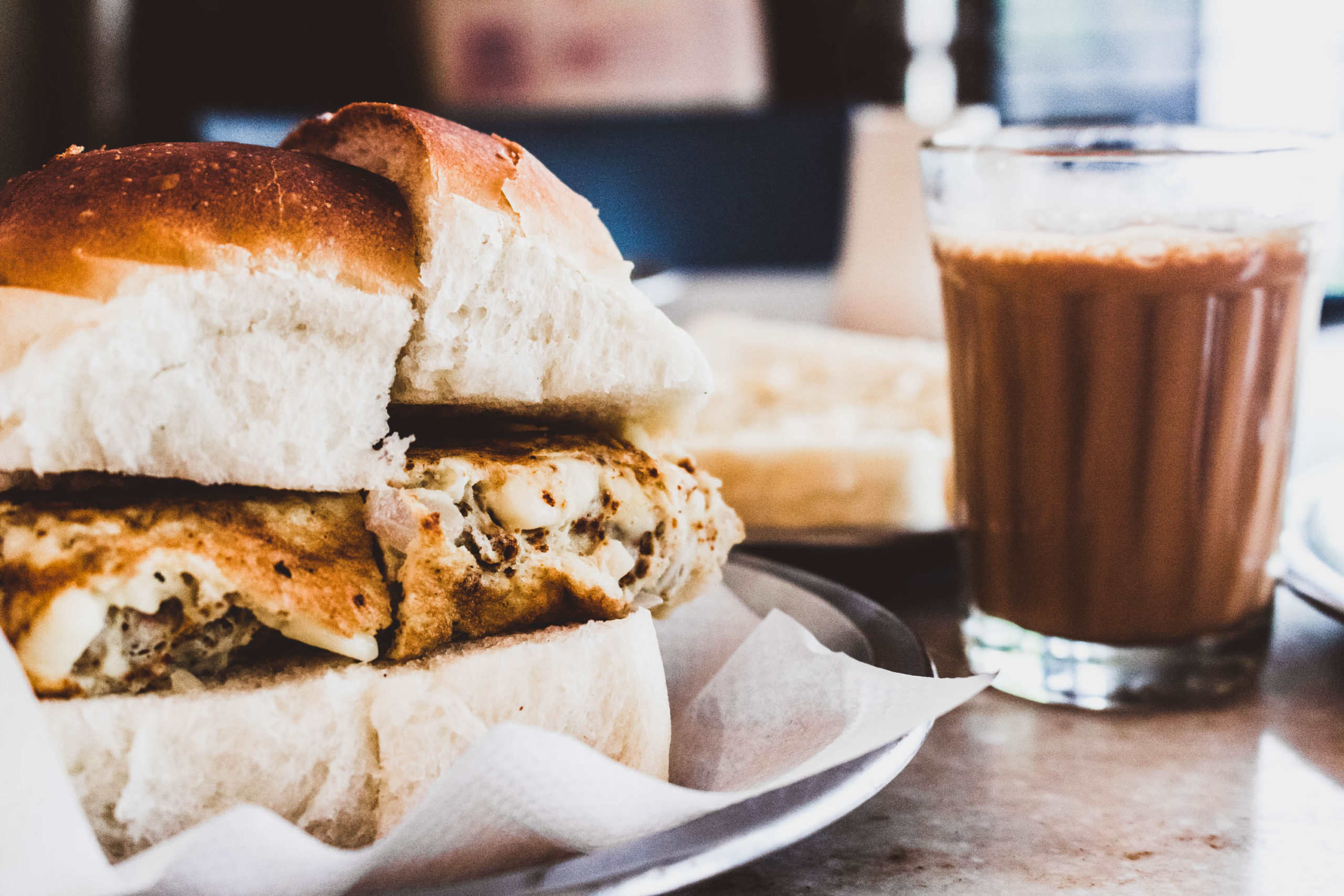
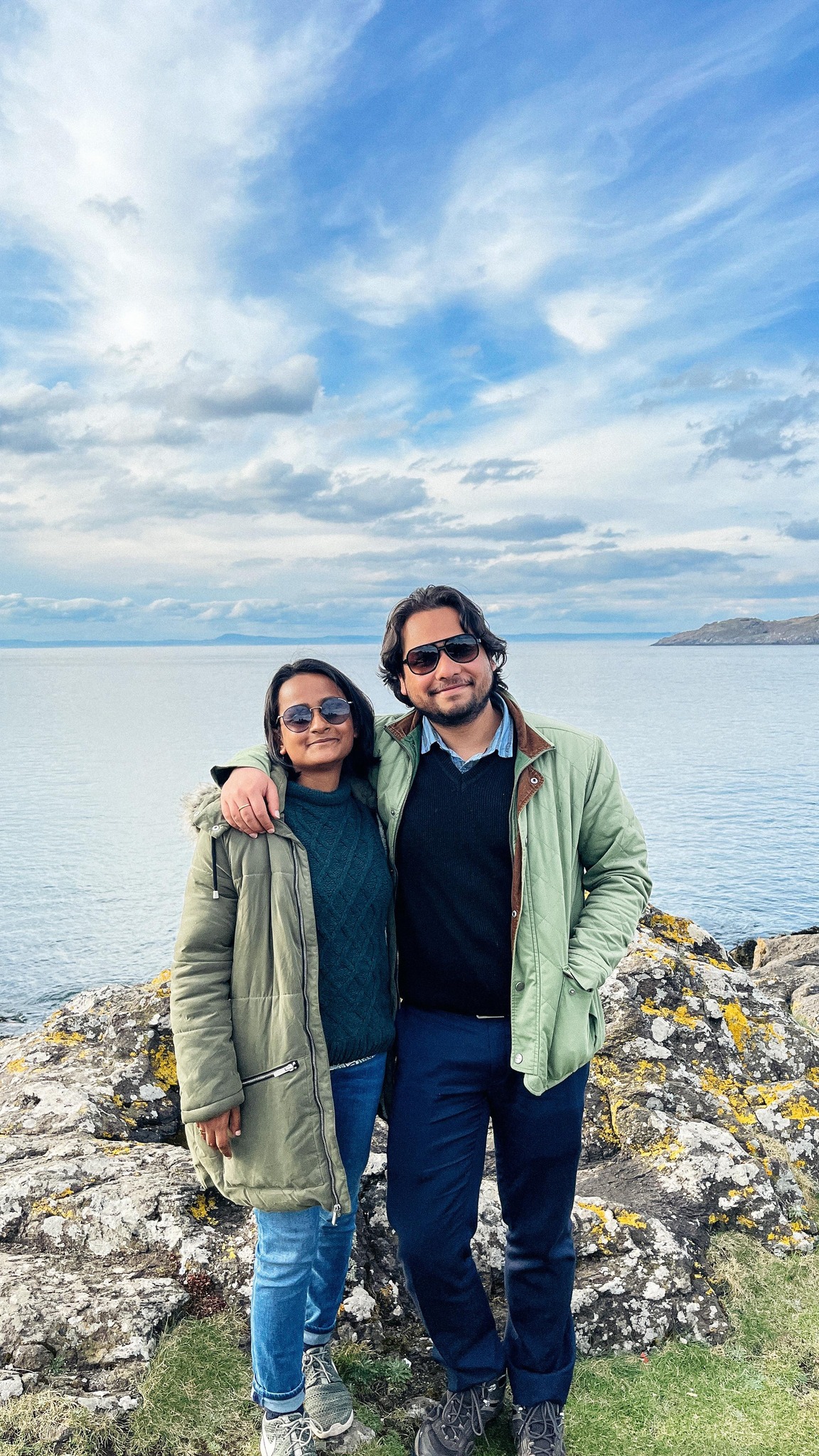
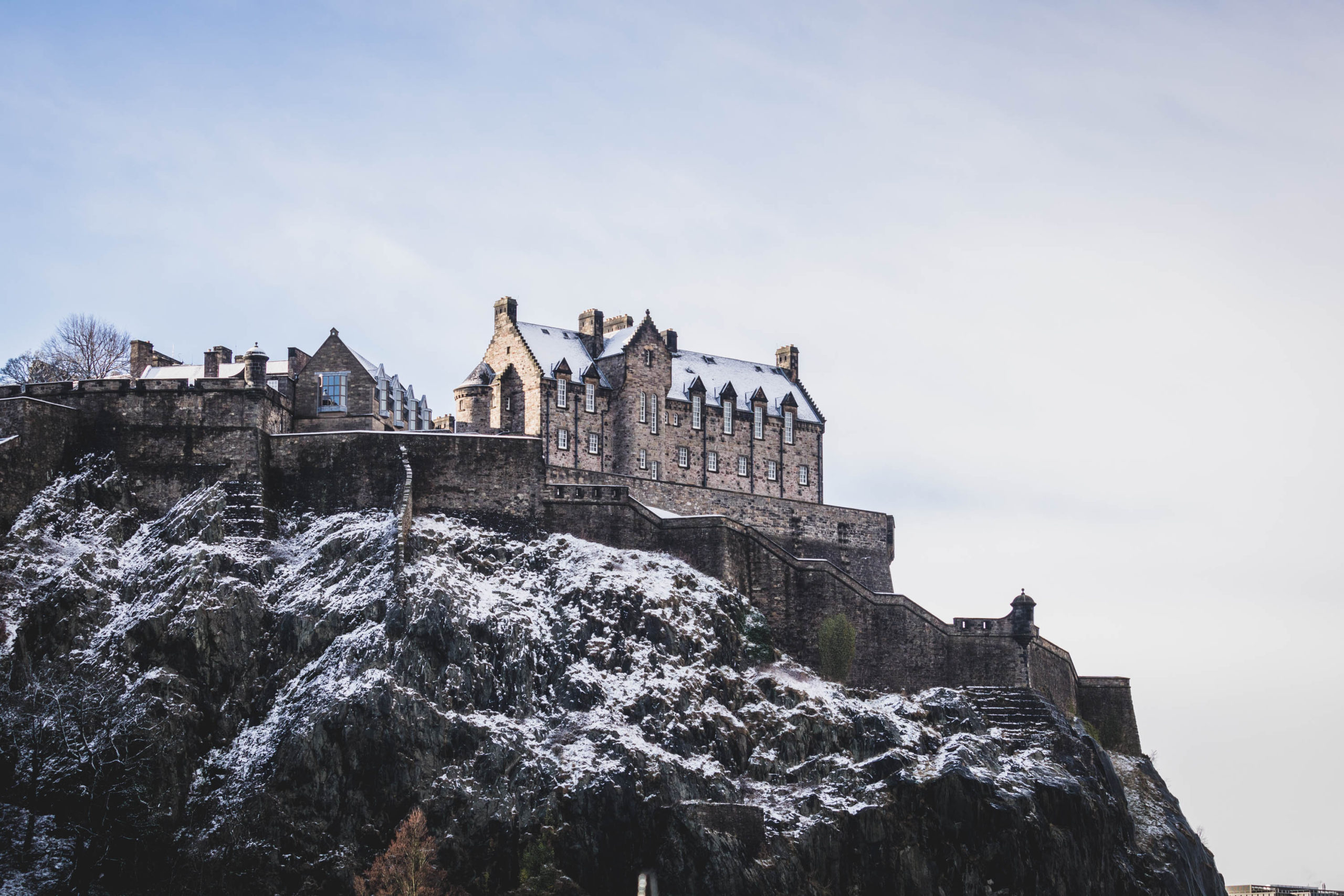
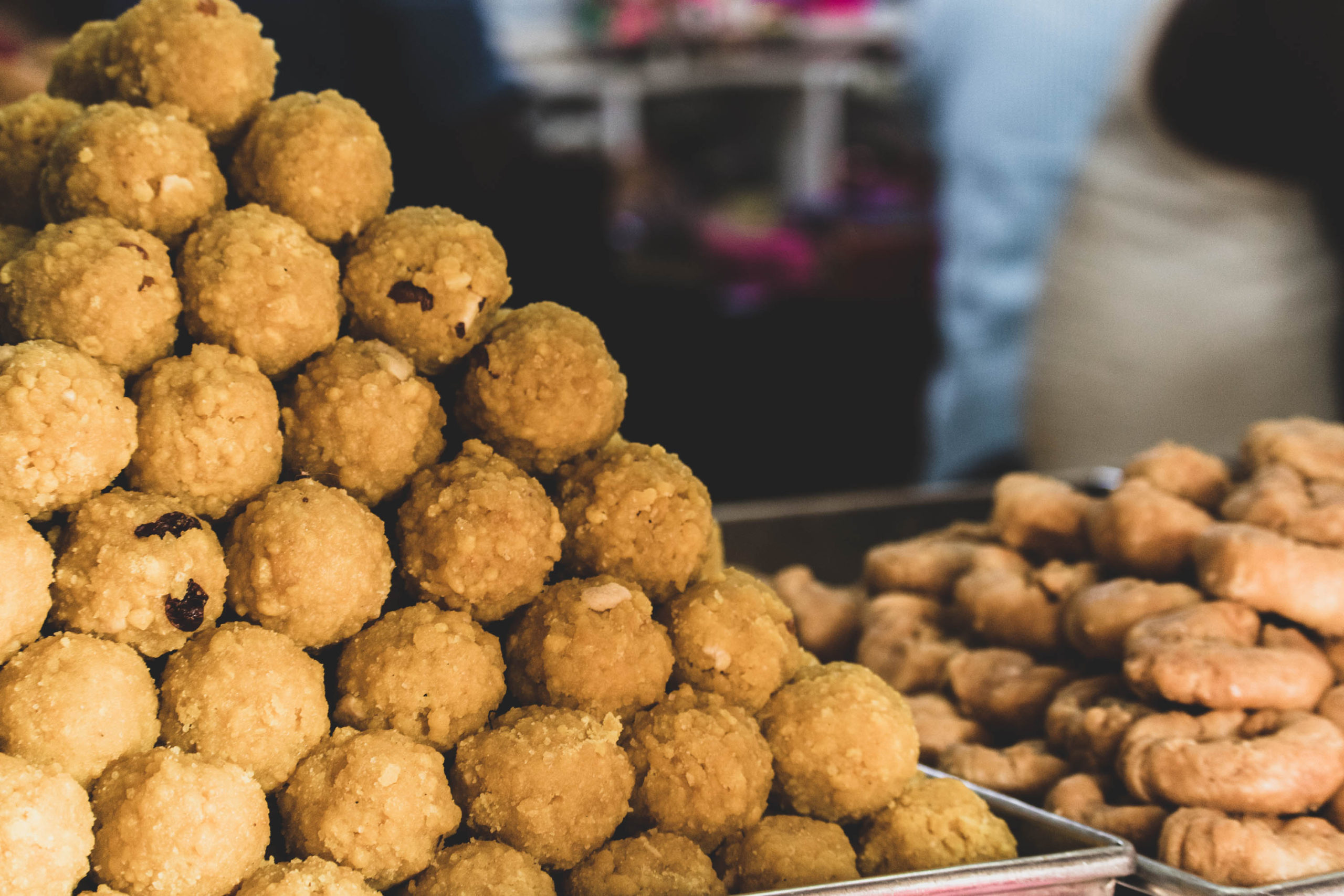
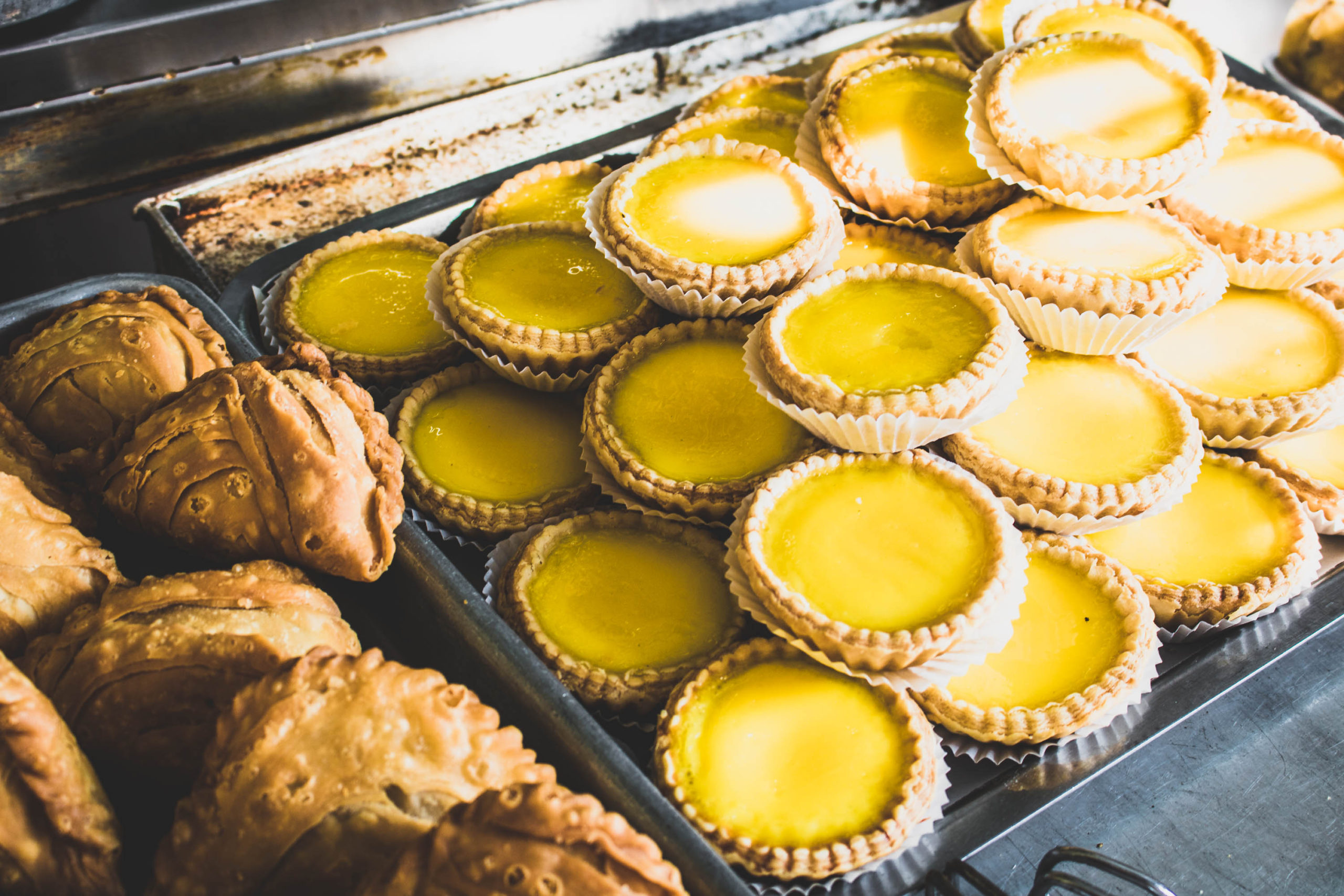
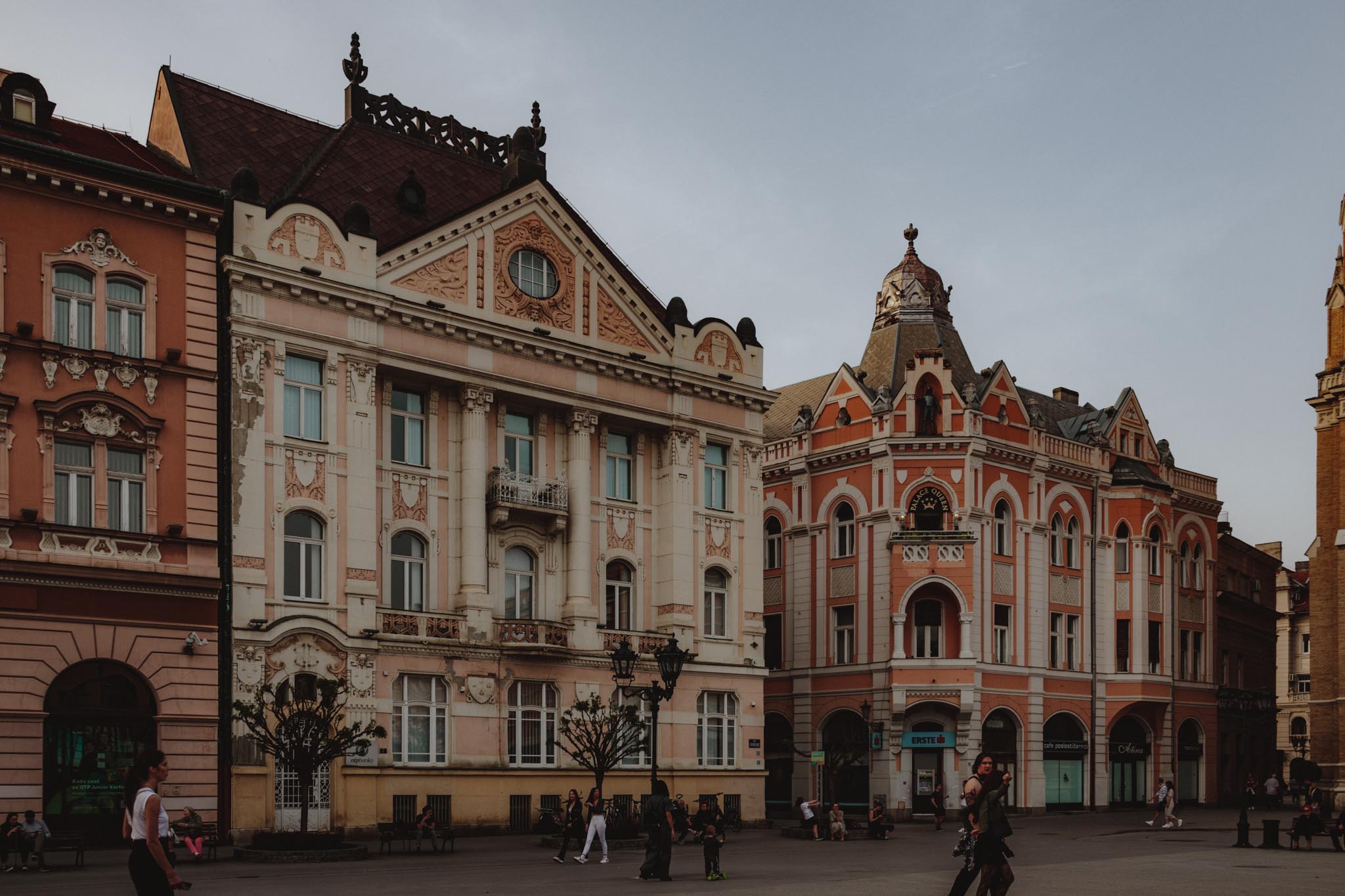
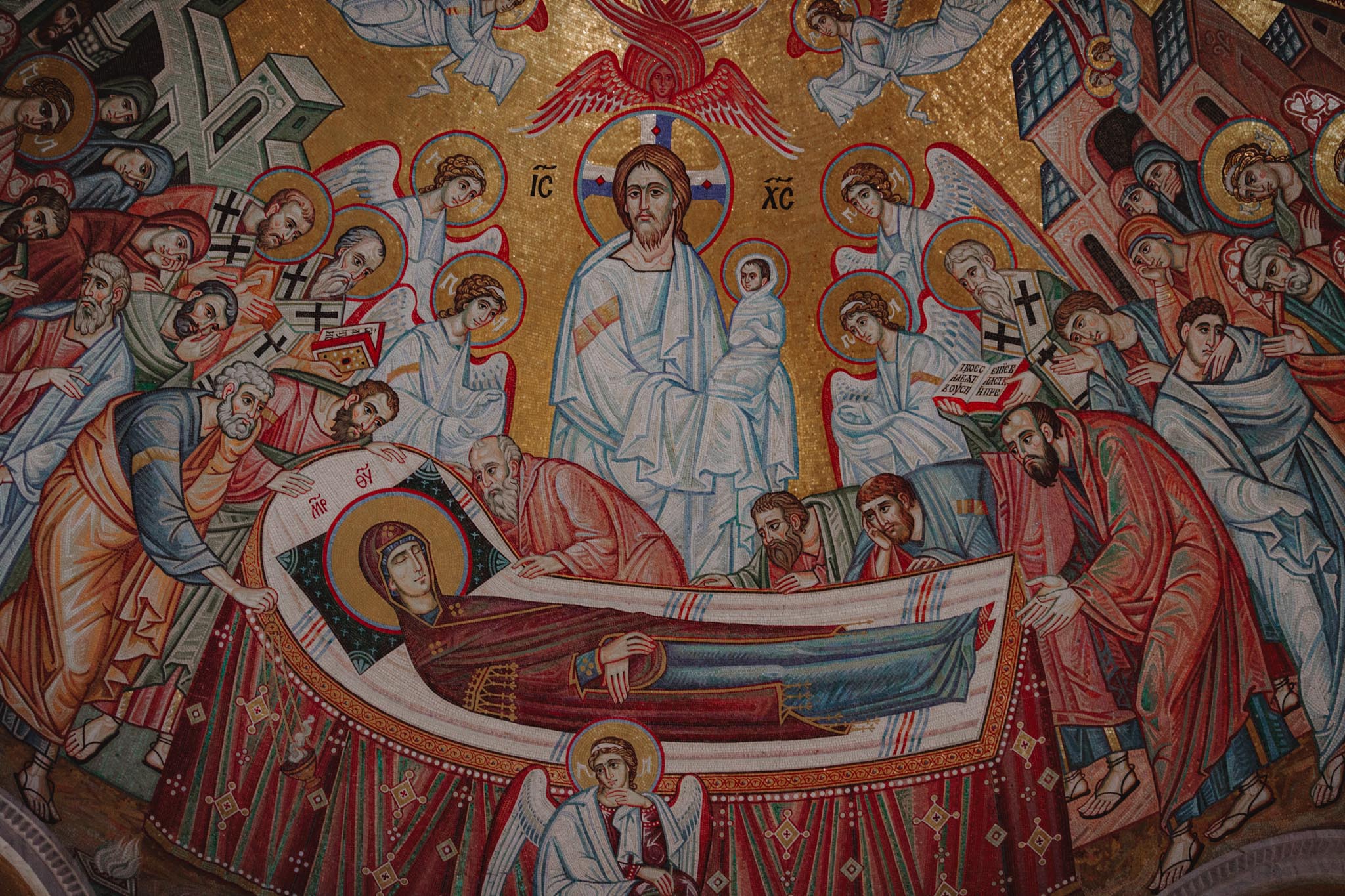
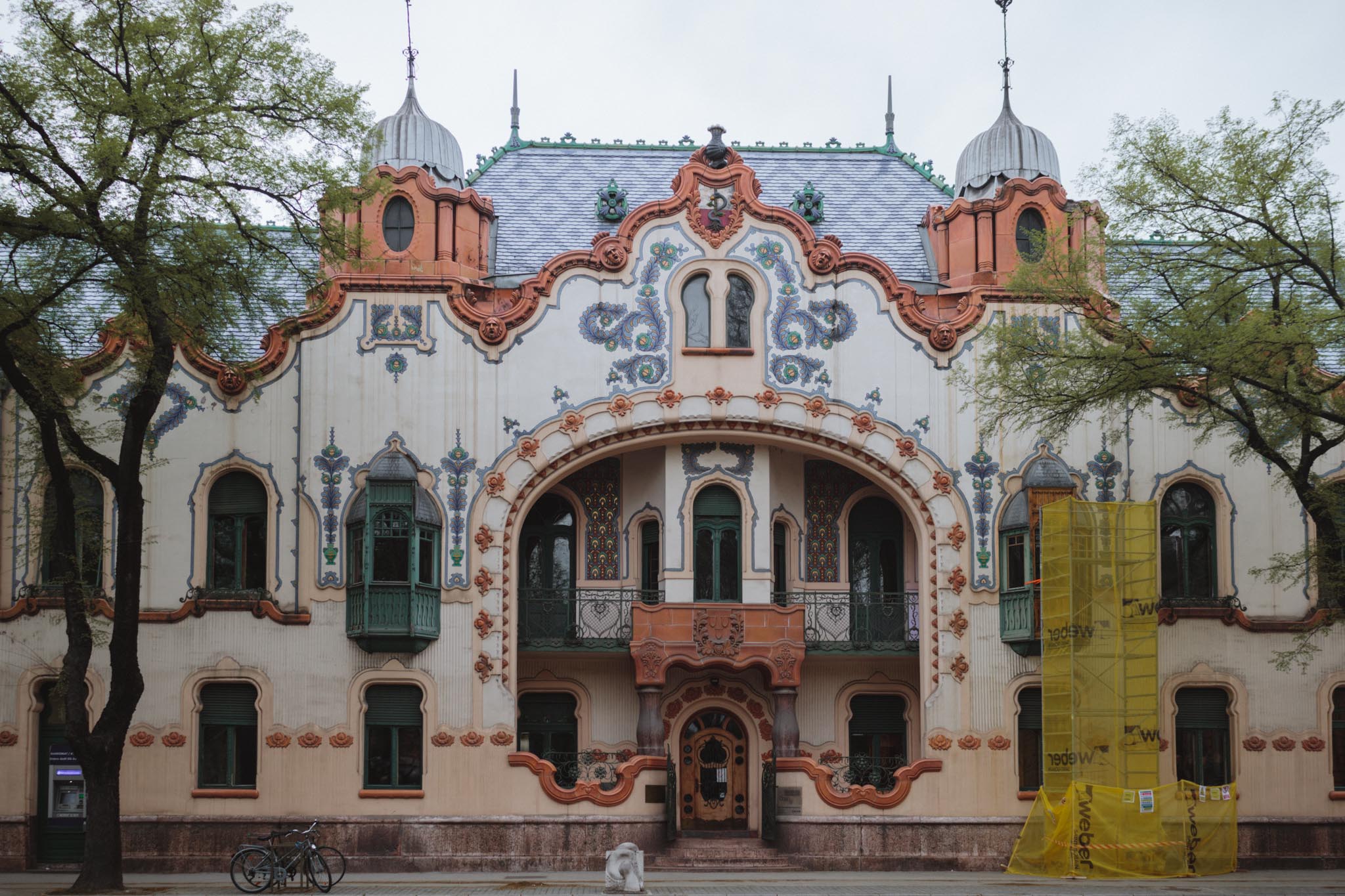
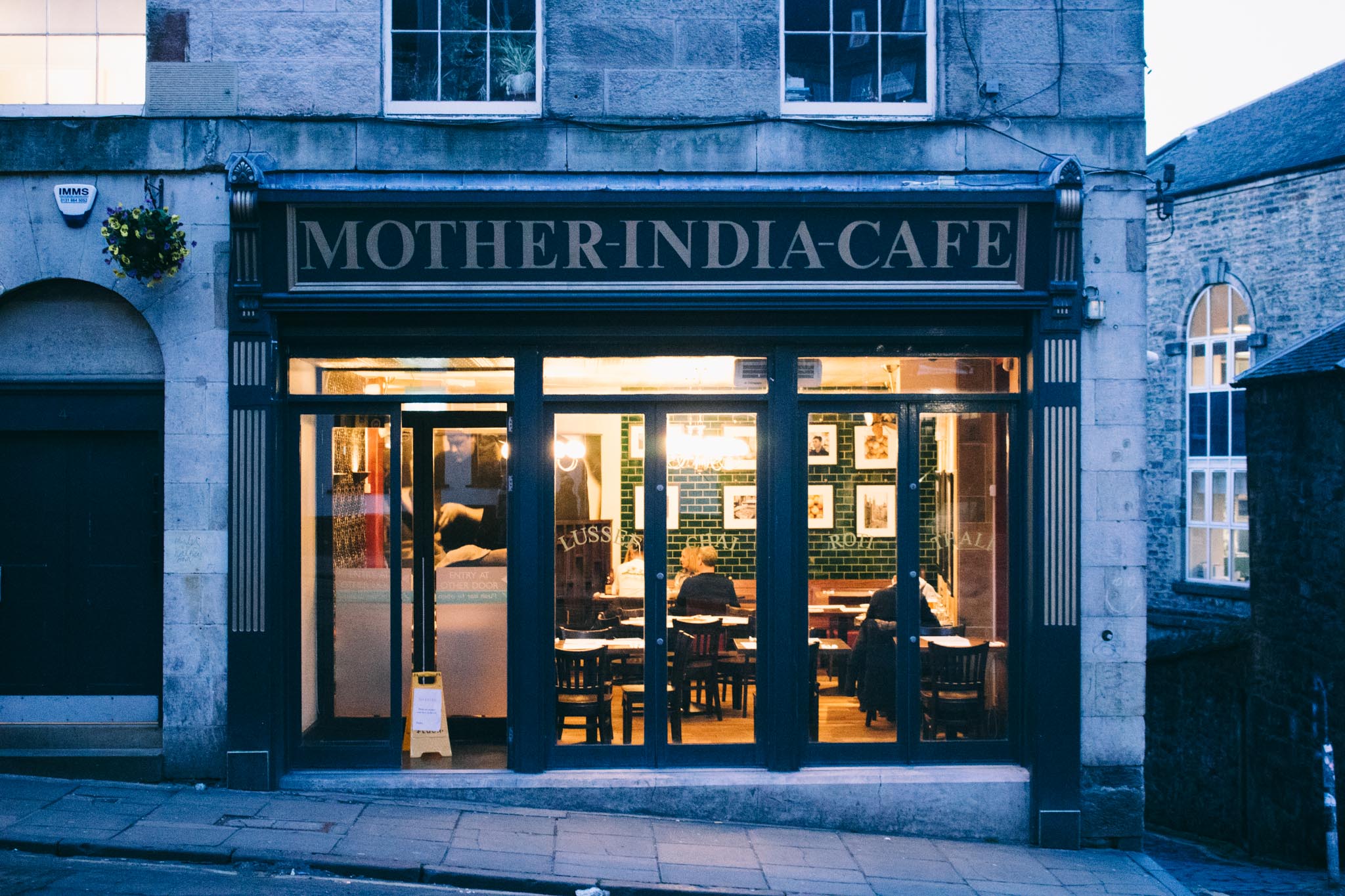
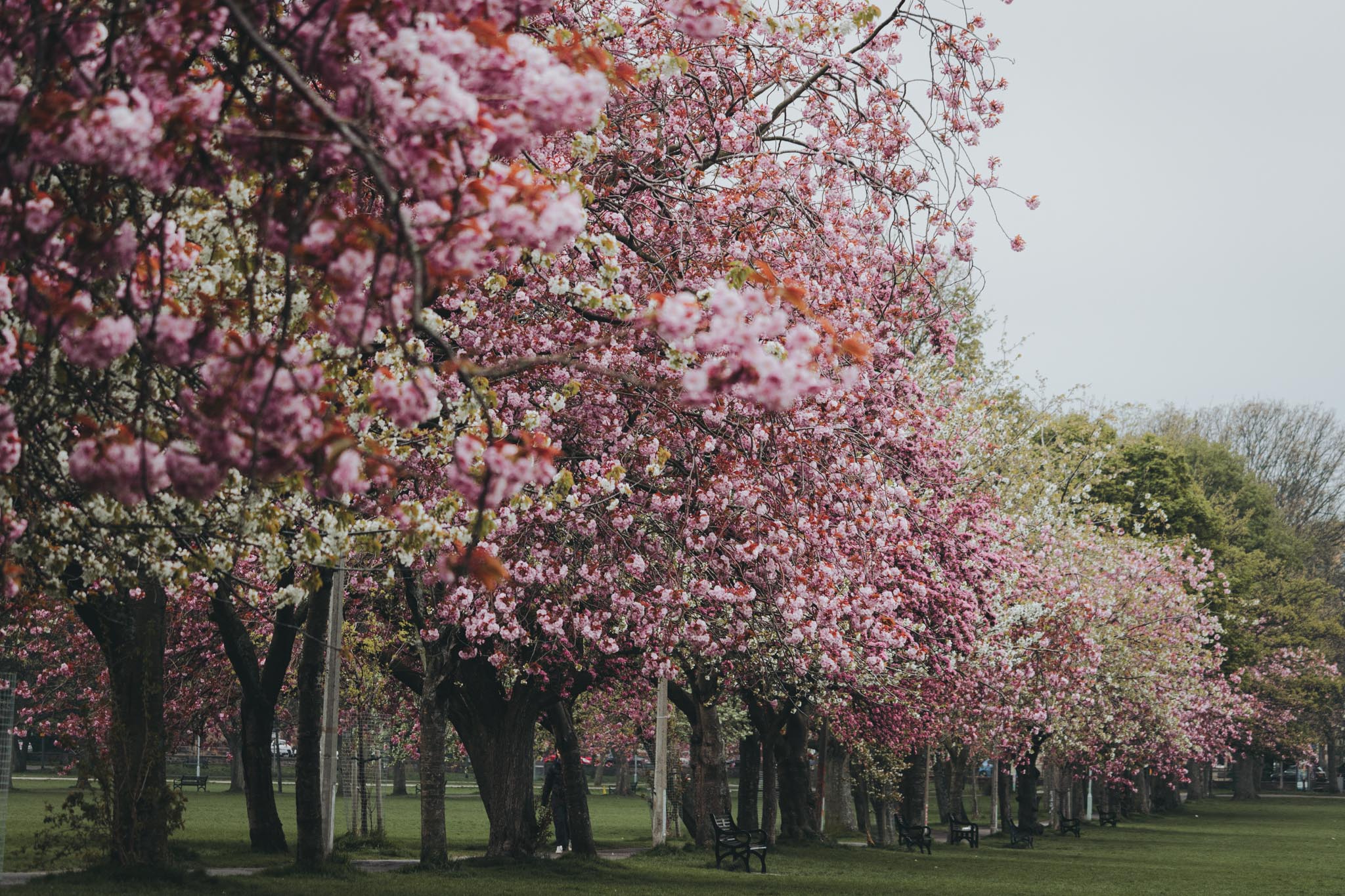
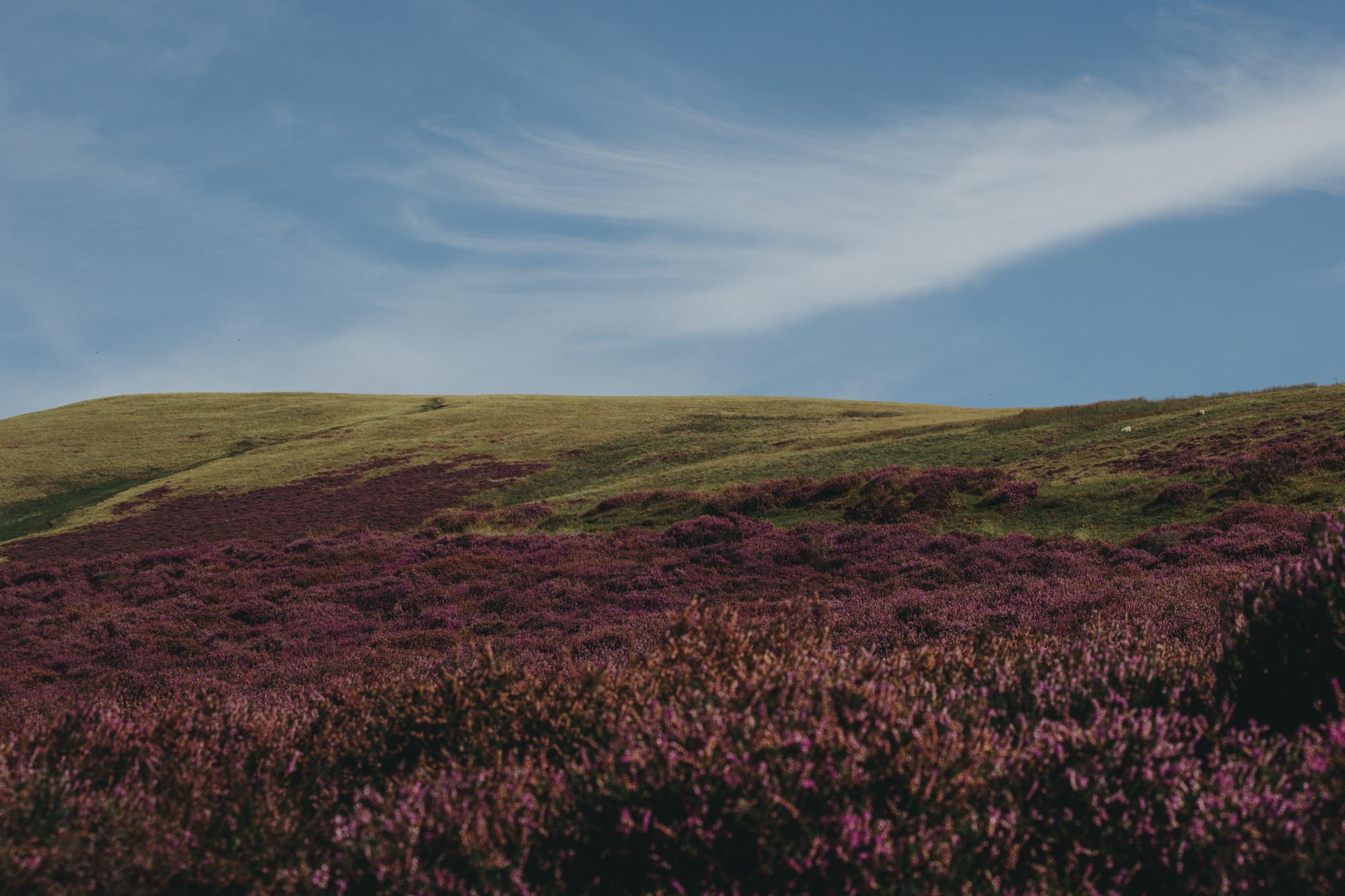
Leave a Reply